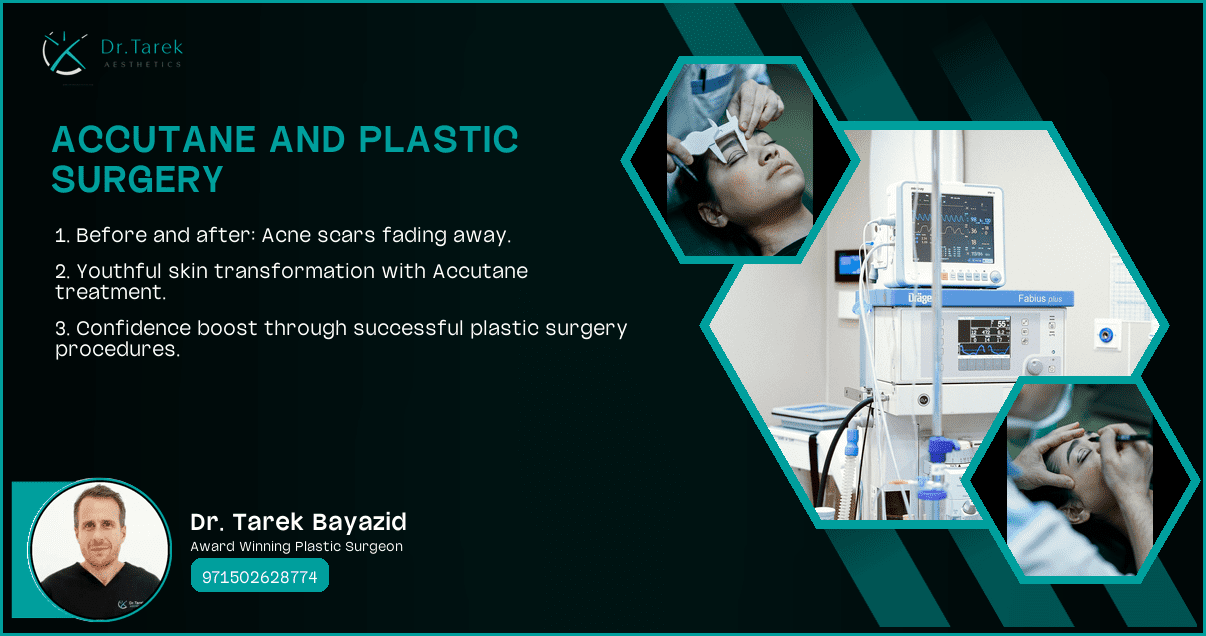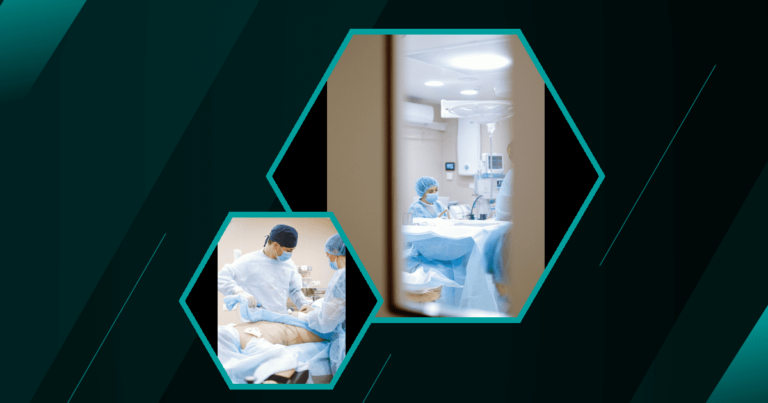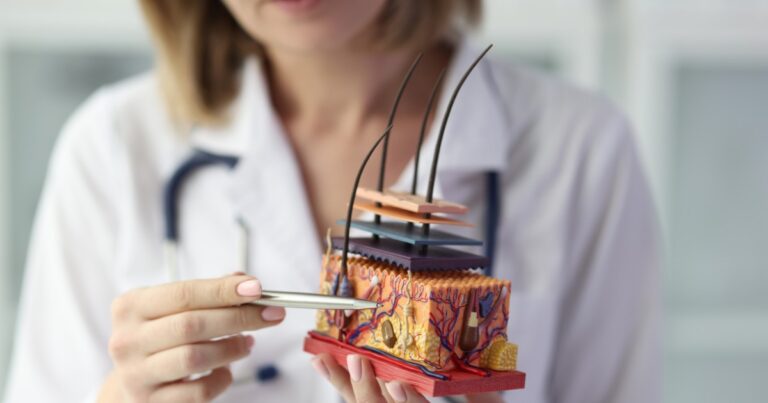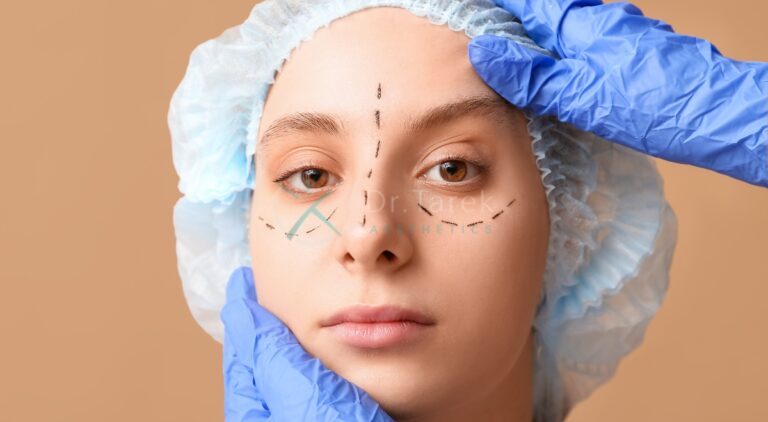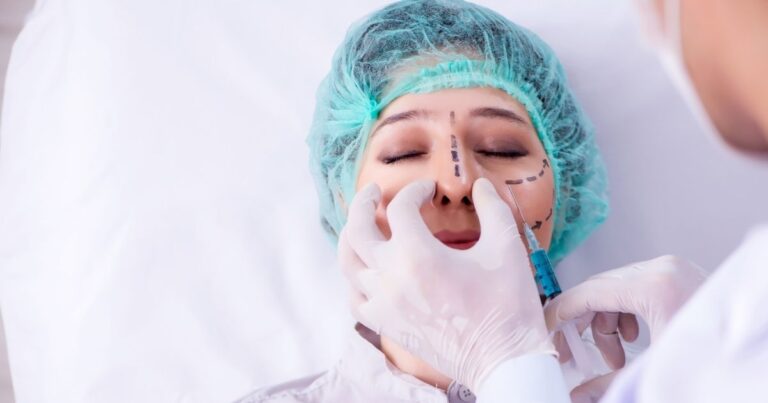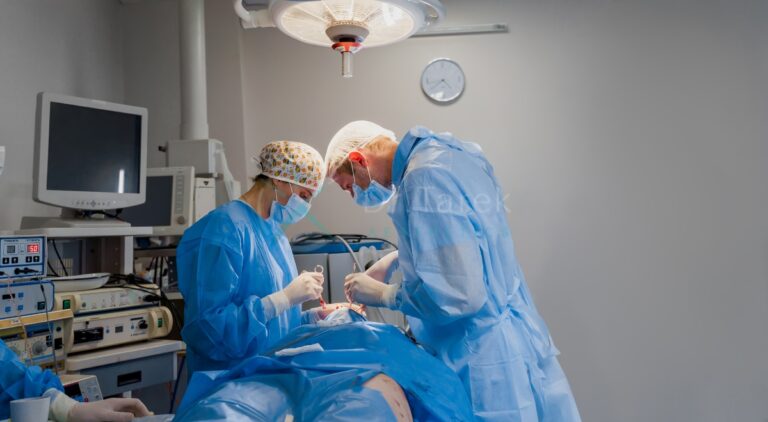What is Accutane?
Accutane, also known as isotretinoin, is a powerful medication primarily used to treat severe acne. It works by reducing the amount of oil released by oil glands in your skin, helping your skin renew itself more quickly. While highly effective, Accutane comes with a range of potential side effects, including dry skin, chapped lips, and increased sensitivity to the sun.
Common Plastic Surgery Procedures
Plastic surgery encompasses a variety of procedures aimed at enhancing or reconstructing parts of the body. Common procedures include:
- Rhinoplasty : Reshaping the nose.
- Breast Augmentation : Enhancing the size and shape of the breasts.
- Liposuction : Removing excess fat from specific areas.
- Facelifts : Reducing signs of aging by tightening the skin.
Potential Interactions Between Accutane and Surgical Outcomes
Accutane can significantly impact the skin’s healing process, which is crucial for successful surgical outcomes. The medication affects collagen production and skin elasticity, potentially leading to complications such as delayed wound healing and increased scarring.
- Delayed Wound Healing : Accutane can slow down the skin’s ability to heal, increasing the risk of infection.
- Increased Scarring : The medication may lead to more prominent scars post-surgery.
- Skin Sensitivity : Enhanced sensitivity can result in adverse reactions to surgical procedures.
Timing Considerations for Isotretinoin Treatment and Cosmetic Procedures
Recommended Waiting Periods Before Surgery
Experts recommend waiting at least 6-12 months after completing Accutane treatment before undergoing elective cosmetic procedures. This waiting period allows the skin to regain its normal healing capabilities and reduces the risk of complications.
Plastic Surgeons Nearby can help people change how they look
they do special operations to fix or improve parts of the body
Book A Consultation With Dr Tarek Bayazid
Top-rated Plastic Surgeon For Plastic Surgery in Dubai
Installment Plan Available
Risks of Premature Surgical Intervention
Undergoing plastic surgery while on Accutane or shortly after stopping can lead to severe complications. These include:
- Increased Risk of Scarring : The skin is more prone to developing hypertrophic or keloid scars.
- Poor Wound Healing : The skin’s reduced ability to heal can lead to prolonged recovery times and higher infection risks.
Dr. Tarek’s Approach to Patient Safety
Dr. Tarek emphasizes patient safety and recommends thorough consultations before proceeding with any surgical intervention. He advises patients to complete their Accutane treatment and wait the recommended period to ensure optimal surgical outcomes.
Skin Healing and Scarring After Accutane Use
Impact on Collagen Production
Accutane affects collagen production, a vital component for skin elasticity and healing. Reduced collagen can lead to:
- Weaker Skin Structure : Making it more susceptible to damage.
- Delayed Healing : Slower recovery from wounds and surgical incisions.
Wound Healing Concerns
Patients on Accutane may experience delayed wound healing, which can complicate post-surgical recovery. This delay can increase the risk of infection and prolong the healing process.
Strategies for Optimal Recovery
To ensure optimal recovery post-accutane, consider the following strategies:
- Follow Medical Advice : Adhere to your doctor’s recommendations regarding waiting periods.
- Maintain Skin Hydration : Use moisturizers to keep the skin hydrated.
- Avoid Sun Exposure : Protect your skin from UV rays to prevent further damage.
Dermal Fillers and Accutane
Safety Considerations
Using dermal fillers while on Accutane is generally not recommended due to the increased risk of adverse reactions. The skin’s heightened sensitivity can lead to complications such as:
- Inflammation : Increased risk of swelling and redness.
- Infection : Higher susceptibility to infections at the injection site.
Alternative Treatments During Accutane Therapy
Patients seeking cosmetic improvements during Accutane therapy can consider alternative treatments such as:
- Topical Treatments : Non-invasive options like retinoids or hyaluronic acid.
- Non-Ablative Laser Treatments : Less aggressive laser treatments that do not damage the skin’s surface.
Long-Term Effects on Skin Elasticity
Accutane can reduce skin elasticity by up to 25%, affecting the long-term results of dermal fillers. Patients should wait until their skin has fully recovered before considering such treatments.
Laser Treatments and Chemical Peels for Post-Accutane Patients
Suitable Procedures for Treated Skin
Post-accutane patients can benefit from specific laser treatments and chemical peels designed for sensitive skin. Suitable procedures include:
- Non-Ablative Lasers : These lasers target deeper skin layers without damaging the surface.
- Mild Chemical Peels : Gentle peels that exfoliate the skin without irritating.
Precautions and Potential Complications
Patients should take precautions to minimize the risk of complications, such as:
- Patch Testing : Conducting a patch test to ensure the skin’s tolerance.
- Gradual Introduction : Start with less aggressive treatments and gradually increase intensity.
Customized Treatment Plans
A customized treatment plan tailored to the patient’s skin type and condition can enhance the effectiveness of laser treatments and chemical peels. This approach ensures optimal results while minimizing risks.
Can I Have Plastic Surgery While Taking Accutane?
Risks and Contraindications
Undergoing plastic surgery while on Accutane is generally contraindicated due to the increased risk of complications. These risks include:
- Delayed Healing : Prolonged recovery times and higher infection risks.
- Increased Scarring : Higher likelihood of developing hypertrophic or keloid scars.
Expert Recommendations
Experts recommend completing Accutane treatment and waiting the advised period before considering plastic surgery. This approach ensures the skin has fully recovered and can handle the surgical stress.
How Long After Stopping Accutane Can I Get Plastic Surgery?
General Guidelines
The general guideline is to wait at least 6-12 months after stopping Accutane before undergoing plastic surgery. This waiting period allows the skin to regain its normal healing capabilities.
Factors Affecting Individual Timelines
Individual timelines may vary based on factors such as:
- Skin Type : Different skin types may recover at different rates.
- Accutane Dosage : Higher dosages may require longer recovery periods.
- Overall Health : General health and lifestyle can impact recovery times.
Does Accutane Affect the Results of Plastic Surgery?
Potential Impacts on Surgical Outcomes
Accutane can affect surgical outcomes by altering the skin’s healing process. Potential impacts include:
- Increased Scarring : Higher risk of developing prominent scars.
- Delayed Healing : Prolonged recovery times and higher infection risks.
Long-Term Considerations for Treated Patients
Patients who have taken Accutane should consider long-term factors such as:
- Skin Sensitivity : Enhanced sensitivity may persist, affecting future treatments.
- Collagen Production : Reduced collagen levels can impact skin elasticity and healing.
Are There Any Plastic Surgery Procedures Safe to Perform While on Accutane?
Low-Risk Interventions
Certain low-risk interventions may be considered safe during Accutane therapy, such as:
- Minor Skin Lesion Removal : Small, non-invasive procedures.
- Non-Surgical Treatments : Options like microdermabrasion or light therapy.
Importance of Medical Consultation
A thorough medical consultation is crucial to determine the safety of any procedure during Accutane therapy. Consulting with a qualified professional ensures the best outcomes.
Can Accutane Improve the Appearance of Surgical Scars?
Effects on Scar Formation
Accutane can influence scar formation by affecting collagen production and skin healing. While it may reduce the severity of acne scars, its impact on surgical scars is less clear.
Balancing Risks and Benefits
Patients should weigh the potential benefits of Accutane against the risks of delayed healing and increased scarring. Consulting with a medical professional can help make an informed decision.
FAQs
Can I undergo laser treatments while on Accutane?
No, it is generally not recommended to undergo laser treatments while on Accutane due to the increased risk of skin sensitivity and adverse reactions. It is best to wait until after completing the treatment.
How long should I wait after stopping Accutane to get dermal fillers?
It is advisable to wait at least 6-12 months after stopping Accutane before getting dermal fillers. This waiting period allows the skin to recover and reduces the risk of complications.
Does Accutane permanently affect skin elasticity?
Accutane can temporarily reduce skin elasticity, but this effect is not permanent. Skin elasticity typically returns to normal within 6-12 months after stopping the medication.
Is it safe to get a chemical peel after Accutane?
Yes, but it is essential to wait for the recommended period of 6-12 months after stopping Accutane. This waiting period ensures the skin has fully recovered and can handle the chemical peel.
Can Accutane help with acne scars?
Yes, Accutane can help reduce the severity of acne scars by promoting skin renewal and reducing oil production. However, its impact on surgical scars is less clear.
What precautions should I take if I want plastic surgery after Accutane?
Consult with a qualified medical professional, follow the recommended waiting period, and ensure your skin has fully recovered before undergoing any surgical procedure.

